Beyond its timeless appeal as a study of the quest for identity and belonging, Vitch’s story resonates with themes that once again clamor for our attention in contemporary America. When I compared archival footage of Hitler, Goebbels, and other Nazi leaders with the public posturing of Donald Trump and others who hold extremist views, I found disturbing parallels between the two eras in rhetoric that exploited fear of foreign elements and licensed violence in the name of defense of a threatened way of life. Furthermore, Vitch’s deportation from America in the mid-1930s because he lacked the documents that would have allowed him to apply for permanent residency and citizenship mirrors the predicament that plagues the lives of undocumented immigrants today. It also hinted at the US policy of incarcerating thousands of Japanese and German nationals during World War II, a program motivated chiefly by racism rather than security concerns.
When we began filming Vitch, we believed that we were bringing to light the extraordinary experience of an artist whose most original creation was the invention of a “self” that saved his life in circumstances designed to exterminate him along with every one of his co-religionists and nearly succeeded. We did not think we were also making a film that serves as a cautionary tale for our times, where people daily maneuver to conceal their identities for fear of losing their livelihoods, their families, and sometimes even their lives. We now see that Vitch is also a document for our times, one that can help us avoid repeating a tragic and shameful chapter of our recent history.

